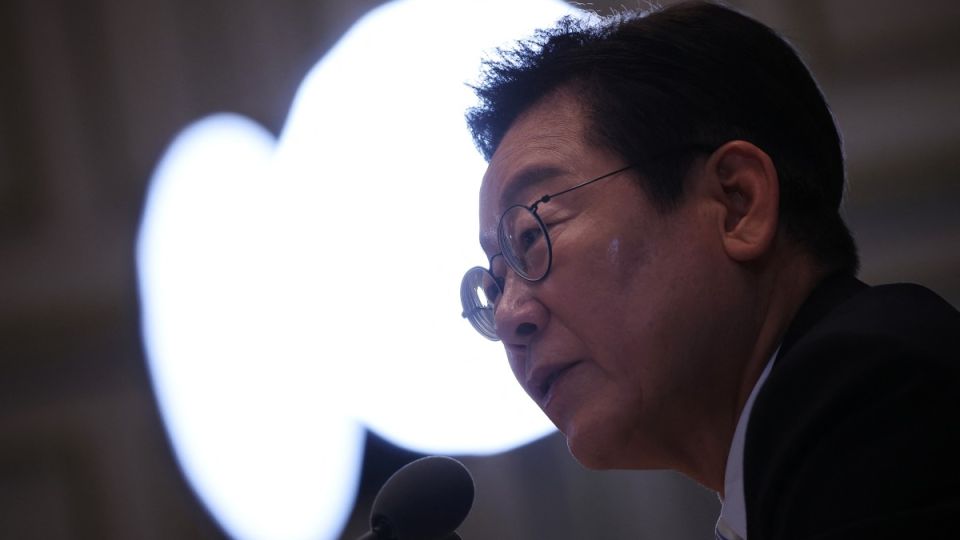September 23, 2025
SEOUL – South Korea could face a “financial crisis” if it complies with US demands that Seoul put up $350 billion in cash investment as a follow-up to the trade deal, President Lee Jae Myung warned in an interview.
Under a trade agreement reached in July, Seoul pledged to invest $350 billion in the US in exchange for Washington reducing its “reciprocal” tariffs from 25 percent to 15 percent.
The initial agreement lacked specific details on how the $350 billion investment would be handled, leaving Seoul and Washington at odds. The US has been pressing for more upfront cash, while Korea seeks to reduce direct equity commitments by using loans and guarantees.
“Reaching detailed agreements that guarantee commercial reasonableness is now the central task — yet it also remains the biggest obstacle,” Lee told Reuters through a translator.
Though proposals have been made during working-level talks between Korea and the US, the suggestions do not guarantee commercial viability, he explained.
With the $350 billion accounting for over 80 percent of Korea’s roughly $415 billion foreign reserve, Seoul suggested an “unlimited” swap arrangement as a safety mechanism to reduce volatility, deeming that the local currency could severely depreciate if the investment were to be carried out in upfront cash.
Under the arrangement, the Bank of Korea and the US Federal Reserve would exchange won and dollars at a predetermined rate, giving Korea access to dollar liquidity. The proposal, however, has yet to be finalized.
“Without a currency swap, if we were to withdraw $350 billion in the manner that the US is demanding and to invest this all in cash in the US, South Korea would face a situation as it had in the 1997 financial crisis,” he said.
In 1997, Korea witnessed a severe liquidity crunch and currency collapse that forced it to seek a bailout from the International Monetary Fund.
Dismissing the possibility of a breakdown in talks, Lee said he believes “a minimum amount of rationality” will be maintained between “blood allies,” referring to the Seoul-Washington relationship.
Asked whether talks could extend into next year, Lee expressed his hopes to “end this unstable situation as soon as possible.”
Meanwhile, Lee said Korea and the US do not disagree on increasing Seoul’s contributions toward its own defense, but underlined that Washington wants to keep security and trade talks separate.
Regarding the arrest of more than 300 Korean workers in Georgia — a move that shocked the country — Lee said, “I do not believe this was intentional, and the US has apologized for this incident, and we have agreed to seek reasonable measures in this regard and we are working on them.”


